
Last Saturday at the Open Air Theatre in Manasagangothri was a unique musical event brought to city by Dr. Sunil Paulraj, a medical doctor of Indian origin from the United Kingdom. He had started to perform as a two-member team in 2005 which has now grown into an 80-member troupe under the name Toccata Musical Productions, performing all over the world for charity.
Interestingly its first charity mission was to raise funds for the victims of Tsunami in India. Now, it had come to Mysuru with a mission to raise funds for the expansion and modernisation of our city’s C.S.I. Holdsworth Memorial Hospital, popularly known as the Mission Hospital.
I was there to enjoy the great music this musical troupe would deliver, and was happy for it. If foreigners could travel thousands of miles to help our city’s iconic charitable hospital, at their own cost, why not the direct beneficiaries of the Mission Hospital, we Mysureans, in some way join this effort to raise funds? So it was, Star of Mysore became a media partner.
Personally speaking I have a special connect to this hospital because my late elder brother Dr. K.B. Subbaiah, MRCP, came from England and joined this hospital as a Resident Doctor and worked for some years in the late 1960s and 1970s. I remember Dr. Frank I Tovey, who was very close to my brother; Dr. Vaman Rao Bapat, paediatrician, now in private practice; Dr. John D Iswariah, surgeon and Dr. Lalitha Kulkarni, gynaecologist, working in the hospital. Can one imagine the meticulous way this hospital has maintained the birth records of children born here? I learn, records of children born during the past over 100 years are available, except for the missing ones.
I also owe a deep debt of gratitude to this hospital that took care of my father for over a month when he suffered a paralytic attack and also my mother. I came down from Pune to be by his side, helping my doctor-brother who was working in the hospital. It was then that I read two valuable books to usefully spend time — biographies of Abraham Lincoln and Hitler. What a contrast !
There is also a special Tovey Ward built in Dr. Tovey’s name. For patients from Kodagu, this was the most preferred hospital — because it had very clean, good special wards for those days and well-qualified, devoted doctors assisted by ever-smiling, immaculately dressed nurses attending on patients with tender care. If doctors prescribed healing medicines, these angelic nurses had the enduring healing touch !
A hospital that served the patients honestly and most sincerely with compassion as its motto and for a small price. As I know, those days, no one working, nay serving, in the hospital ever asked what they can get from the patient; rather they asked themselves how they can heal the patient. Which is why the hospital had a quarantine area for those suffering from leprosy at a time they were treated like untouchable. Mrs. Kaye Webb was the moving and healing spirit for these patients.
Rightly, Dr. Sunil Paulraj, in his brief thanksgiving words at the end of the event, recalled the famous pop singer Michael Jackson saying, “Let us heal and make this world a better place to live.” Mission Hospital was doing exactly the same — healing and there is absolutely no doubt. The Mission Hospital has been making this small world of Mysureans, specially those in the Eidgah and Bannimantap area, a better ‘world’ to live. Needless to say that a majority of both in-patients and out-patients would be from the local Muslim community. To respect the religious sentiments of the ‘gosha patients,’ as Muslim women in burkha were commonly known, the hospital provided curtains that surrounded the bed for privacy. Wonder, if the system continues.
Those days, 110 years ago, when there were hardly about eleven small hospitals and dispensaries in city, this Mission Hospital was a boon to the citizens in and around Mysuru city.
As for big hospitals, apart from the Mission Hospital, there was the Government Hospital — the Cheluvamba Hospital established in 1889, 128 years ago for children and maternity and the Krishna Rajendra Hospital (K.R. Hospital) established in 1927.
It was the vision of one Rev. George W. Sawday, a great missionary of the Wesleyan Mission, now under Church of South India (CSI) that gave us, Mysuru citizens, this Mission Hospital from the munificent donation received from a Philanthropist from Hastings, England, Mrs. Mary Calvert Holdsworth, hence the name Holdsworth Memorial Hospital. She herself laid the foundation stone on June 3, 1904 in an area of about seven acres.
The land was the gift of the Government of the Maharaja HH Krishnaraja Wadiyar IV who declared the building open on Aug. 21, 1906, located in an area then called ‘Eidgah Extension.’ The building had cost Rs. 1,50,000, according to the ‘Handbook of the City of Mysore’ written in 1915 by the then President of Mysore Municipal Council, T.G. Lakshmana Rao.
Interestingly, this was one of the first buildings that could be seen as one entered Mysuru city by train from Bengaluru. Apparently, there were hardly any buildings between the railway line and the Mission Hospital building. Record says that Mrs. Mary Calvert Holdsworth and her husband Rev. W.W. Holdsworth lived for several years in city and took care of women and children, specially in the plague-swept years in city — service at the risk of their own life.
e-mail: [email protected]
Above all, service to humanity: Mrs. Kaye Webb
Mrs. Kay Webb from Australia, the wife of a coffee planter in Kodagu until his death, who subsequently moved to Mysore and was invited by Dr. Frank Tovey to help with the Leprosy Outreach clinic around 1968. Her Land Rover jeep was the first ambulance used in the hospital and she was staying in the Sawday House inside the Hospital premises.
Her work was focused on identifying and treating leprosy patients in rural areas of Mysore like Mangala and Hadya of present Chamarajanagar District and Bylakuppe. She created self-employment opportunities to the rural women in these villages. The handicrafts made by these women were exported and the money generated from the sale would be used for treating the leprosy patients. Foreign stamps were collected and sold to support patient care.



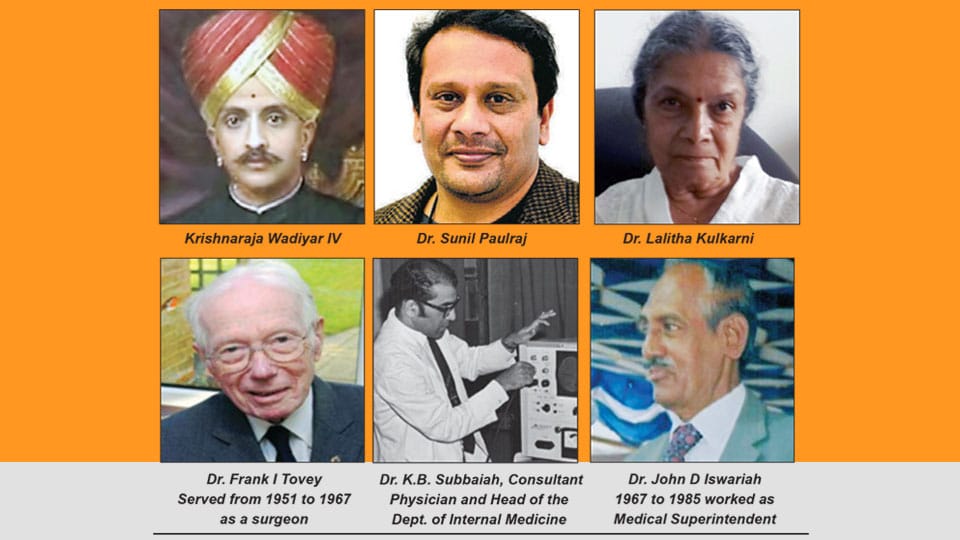
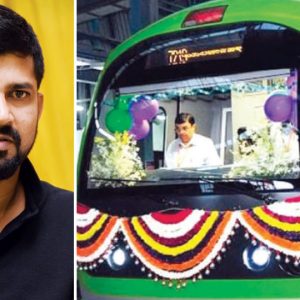
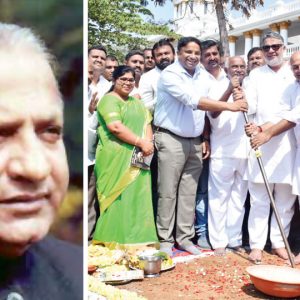
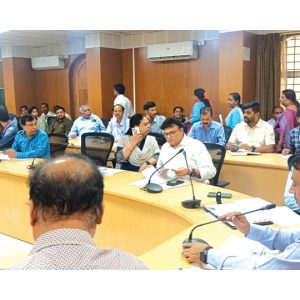
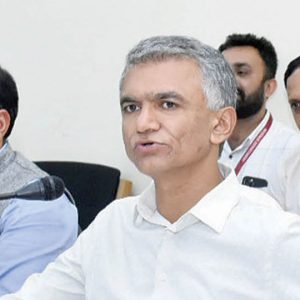
Recent Comments